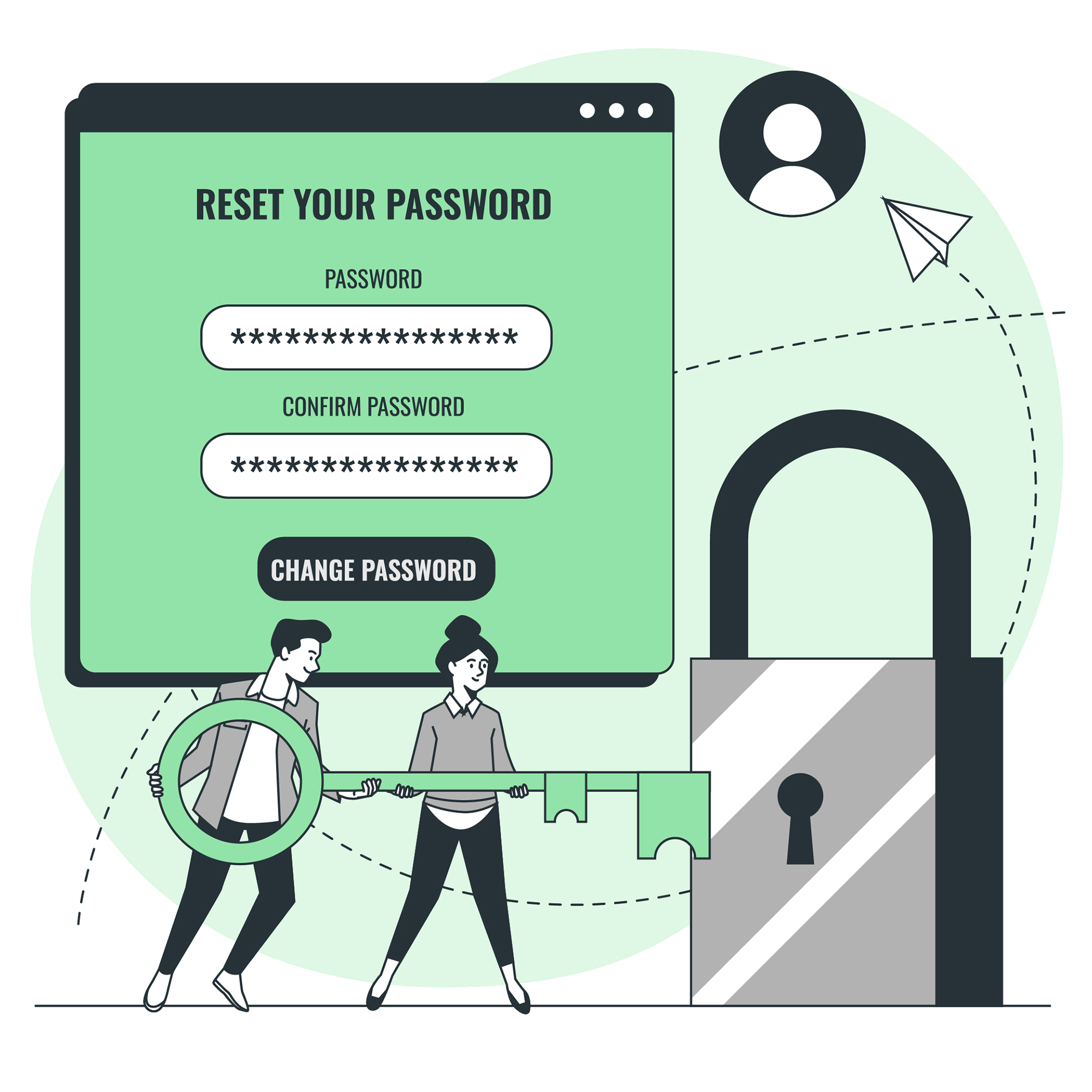The paradigm of passwords to authenticate users is becoming increasingly outdated. With the growth of cyber-attacks and thefts, it is easy to understand why more secure and convenient alternatives are now being sought out. In this article, we will explore the concept of the end of passwords, examining the consequences of passwords, the feasibility of passwordless systems, the benefits of passwordless technology, the challenges of passwordless solutions, the impact on security, passwordless alternatives, the comparison of passwordless to existing practices, and the future of passwordless systems.
Examining the Consequences of Passwords
Passwords have become a traditional form of authentication for decades. However, their shortcomings in terms of security and convenience have become increasingly evident. Passwords are often easy to compromise, as users often fail to choose a secure, unique password. Additionally, the requirement for users to remember multiple passwords for different applications can lead to a poor user experience.
Exploring the Feasibility of Passwordless Systems
The concept of passwordless authentication is becoming increasingly popular as organizations look for better security and convenience. Passwordless systems rely on technologies such as two-factor authentication and biometrics to provide users with a more secure and convenient way to authenticate.
Analyzing the Benefits of Passwordless Technology
The benefits of passwordless technology are numerous. For example, with biometric authentication, users can easily and securely access their accounts without having to remember multiple passwords. Additionally, two-factor authentication provides an extra layer of security by requiring users to verify their identity with a second form of authentication.
Understanding the Challenges of Passwordless Solutions
While passwordless authentication provides improved security and convenience, there are some challenges associated with it. For example, the cost of implementing these systems can be expensive. Additionally, the technology can sometimes be unreliable, as not all systems are able to accurately identify users.
Evaluating the Impact on Security
The impact of passwordless technology on security is significant. By eliminating the need for users to remember passwords, it reduces the risk of password-based attacks. Additionally, the use of two-factor authentication and biometrics provides users with an extra layer of security that passwords cannot provide.
Exploring Passwordless Alternatives
Passwordless alternatives come in many forms, such as two-factor authentication, biometric authentication, and single sign-on. Two-factor authentication requires users to verify their identity with a second factor, such as a code sent via text message or a security token. Biometric authentication requires users to provide biometric data such as a fingerprint or facial recognition. Single sign-on allows users to access multiple accounts with one set of credentials.
Comparing Passwordless to Existing Practices
When compared to existing password-based authentication practices, passwordless authentication offers improved security and convenience. Additionally, it eliminates the need for users to remember multiple passwords, reducing the risk of password-based attacks.
Analyzing the Future of Passwordless Systems
The future of passwordless systems looks bright. As organizations continue to look for more secure and convenient methods of authentication, passwordless technology will become more ubiquitous. Additionally, as the technology improves, it will become more reliable and cost effective.
In conclusion, passwords are becoming outdated as more secure and convenient alternatives are sought out. Passwordless systems offer improved security and convenience, and their use will become increasingly common as organizations search for better methods of authentication. With improved technology and greater reliability, passwordless systems are the way of the future.




![Crafting Unforgettable Passwords: A Guide for Developers A string of random characters typically has higher entropy compared to a few common words due to the vast number of possible combinations. For example, a 10-character lowercase password has roughly the same entropy as a 4-word passphrase picked from a 5000-word dictionary [5].](https://passwordclinic.com/wp-content/uploads/2024/06/automation-section-3-150x150.webp)




![A string of random characters typically has higher entropy compared to a few common words due to the vast number of possible combinations. For example, a 10-character lowercase password has roughly the same entropy as a 4-word passphrase picked from a 5000-word dictionary [5].](https://passwordclinic.com/wp-content/uploads/2024/06/automation-section-3.webp)

